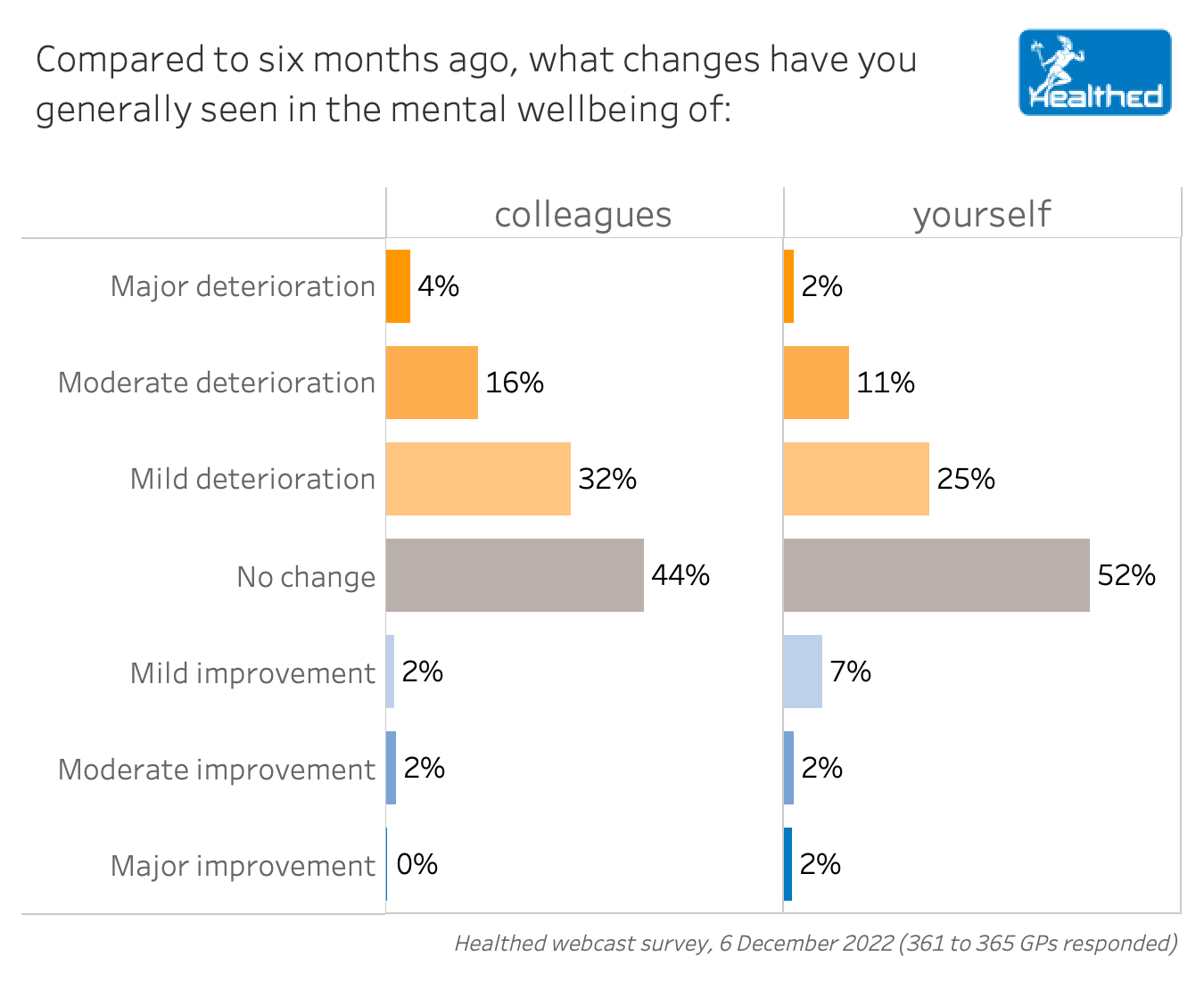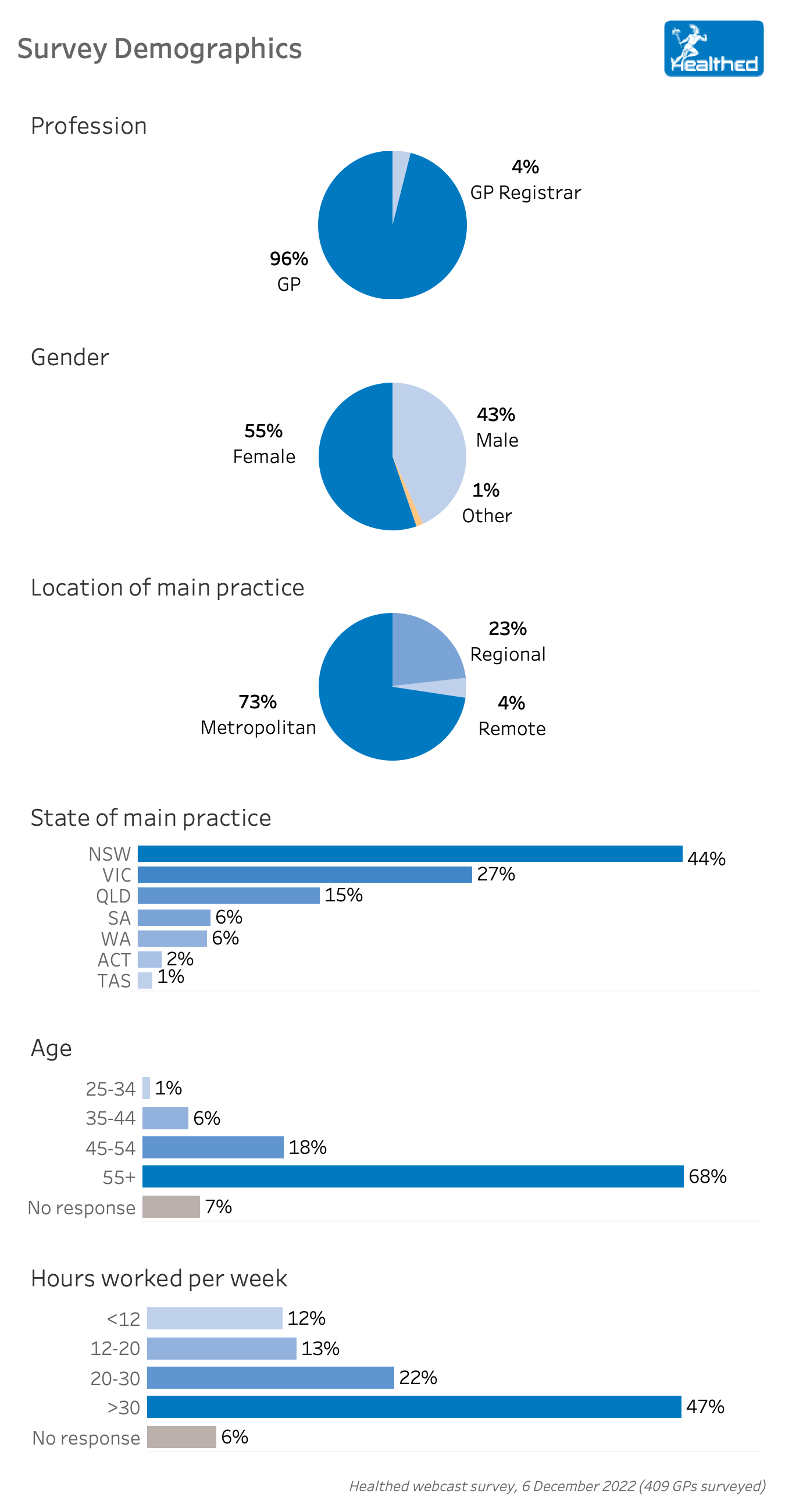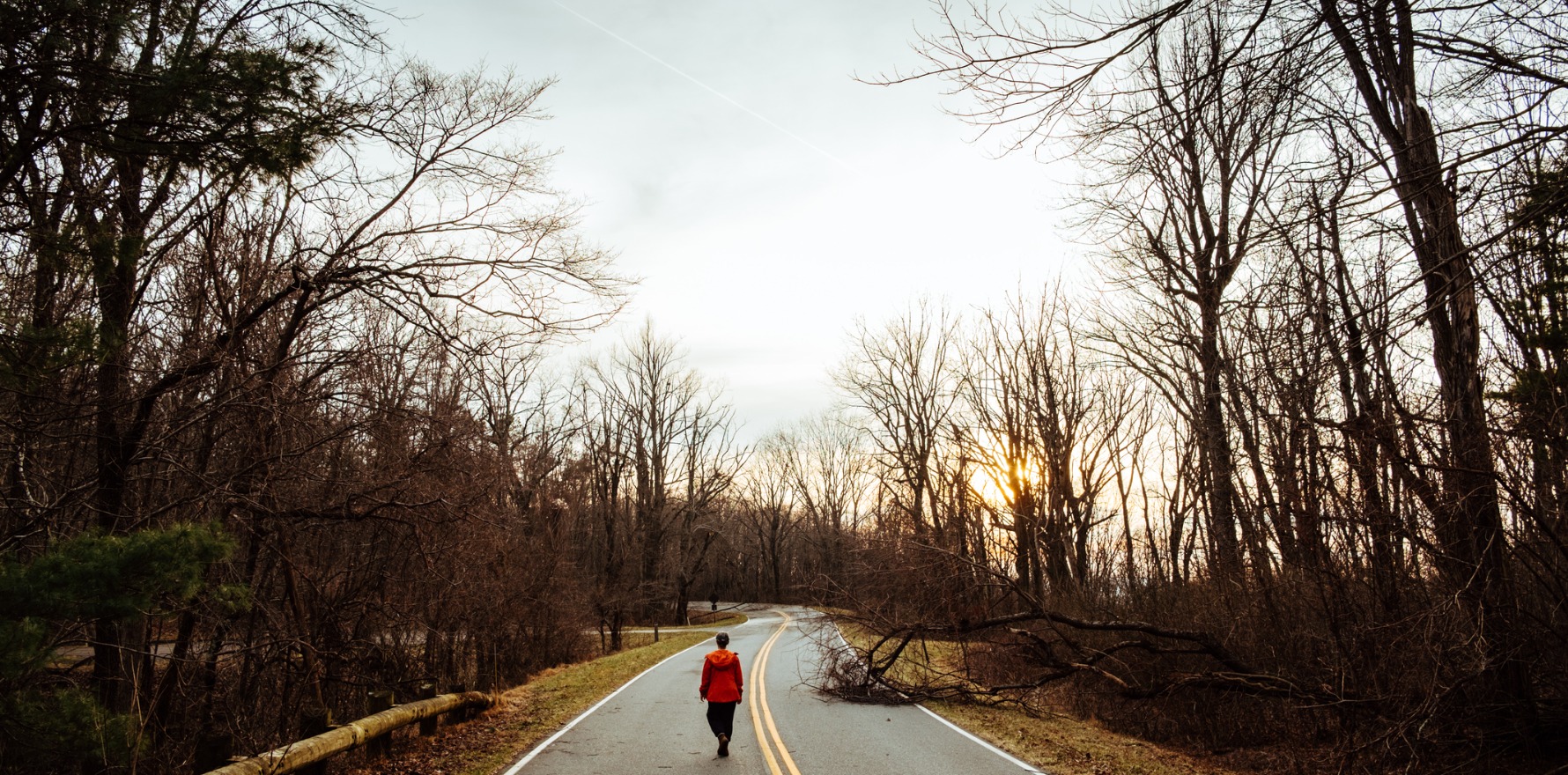After the third year of the pandemic more than half of GPs surveyed by Healthed feel burned out.
Despite claims that the pandemic is easing, nearly three quarters of GPs reported burnout in the past 12 months, according to the 2022 RACGP Health of the Nation report.
Meanwhile in Healthed’s latest survey 52% of 409 GPs noted a decline in their colleagues’ mental wellbeing over the past six months, and 38% said their own mental health had deteriorated.
This is an improvement from six months ago, when 86% of GPs said their own mental wellbeing had worsened since the start of the pandemic, and 74% said their colleagues’ mental wellbeing had deteriorated.
But it also suggests we’re not out of the woods yet.
Less than one in 10 GPs reported improvement in their own or their colleagues’ mental wellbeing since that substantial deterioration was reported, implying that although the acute period of the pandemic is over, its effects are still being felt.
RACGP president Dr Nicole Higgins said GPs need more time to recover from the “sustained and repeated cognitive fatigue”.
“We’ve been exposed to prolonged stress and trauma over a long time. And it’s going to take a little while to manage,” Dr Higgins said. “The really important message is to be gentle with ourselves, especially as everything around us starts to normalise.”

Additionally, many GPs have pointed to changes in patient demand that have impacted their workload.
• 47% of GPs said their clinical workload had increased in the last 6 months
• more than 80% of GPS said the change in workload was driven by patient demand, rather than a personal choice to increase or decrease their rostered hours.
• 38% of GPs reported that their covid-related workload increased over the past six months, while 28% said it had decreased.
• 47% reported that their non-covid-related workload had also increased since July,Source: Healthed, December 6 survey.
Several GPs in Healthed’s survey also said they or their colleagues are reducing their hours or making substantial changes to cope with or prevent burnout, and improve their quality of life.
“As a result of the pandemic and my fatigue, I have reduced the number of appointments offered in the same rostered hours. For example, I book 30 min appointments and if consults are 15 minutes, I do calls in the remaining time instead of at the end of day and staying back after rostered hours,” one GP explained.
Another GP said they had stopped bulk billing, which meant they were now seeing fewer mental health cases, and had freed up more time for the types of medicine that interests them more. “As a result I am seeing less patients … just the right amount of patients for this stage in my career. I am less stressed because I do less of the ‘social work’ part of medicine. I’ve had a [gutful] of it after 30yrs in the job, and I prefer to do what I was trained for and what I enjoy the most,” they said.
Seek extra support
Dr Higgins says that when she felt burned out a few years ago, she sought external support and advice from empathetic people in similar roles to herself who she could relate to.
“The first thing is recognition that you can’t do this all by yourself…there’s a lot of support out there for GPs if we’ll let them.”
“Just like when we get on an aeroplane and the advice is to put our own oxygen mask on first before we help others, it’s really important that for each individual GP, that this is a time of year to stop, pause, and reflect. What does self-care look like? What does work life look like? What does next year look like? Who do you talk to? It’s always a wonderful idea to have external support, whether that’s your own GP – every GP should have their own GP – or touch base with a psychologist.”
Resources for more support
NSW GPs have access to the Doctors’ Health phone service – 02 9437 6552 – which is free and available 24/7 over Christmas and the New Year break.
Other resources include:
• Online courses that teach clinically-proven strategies to help you improve the way you feel https://thiswayup.org.au/
• Free confidential peer support for health professionals in Aus and NZ https://www.handnhand.org.au/
• Helping healthcare workers find resources and support to manage burnout and maintain good mental health. https://www.blackdoginstitute.org.au/the-essential-network/

This article is written by Yasmin Clarke, data analyst & journalist and Lynnette Hoffman, Healthed managing editor, based on the survey conducted by Healthed on 6 December 2022.


